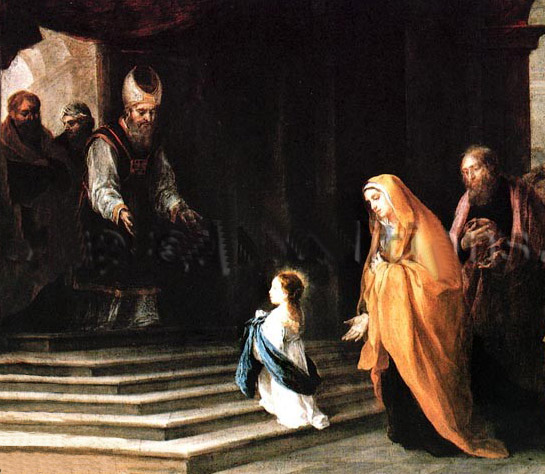
Daily Dig for December 1Christoph Friedrich Blumhardt |
Joyfully Embracing the Gospel Way of Life

Daily Dig for December 1Christoph Friedrich Blumhardt |

|

 From UCathoic
From UCathoic
|
|||||||||||||||||||||||
|

At the end of the general audience today, Pope Francis encouraged the faithful to be close to cloistered communities, materially and spiritually.
Noting that Nov. 21 is the feast of the Presentation of Our Lady in the Temple, and thus a day the Church is mindful of consecrated life, the Pope said we should be grateful for those who have given their lives to God.
We thank the Lord for the gift of the vocation of men and women who, in monasteries and hermitages, have dedicated their lives to God,” he said.
“Let us not be lacking in spiritual and material closeness,” the Pontiff added, “so that cloistered communities can carry out their important mission in prayer and in active silence.”
Copyright © 2025 · Genesis Framework · WordPress · Log in